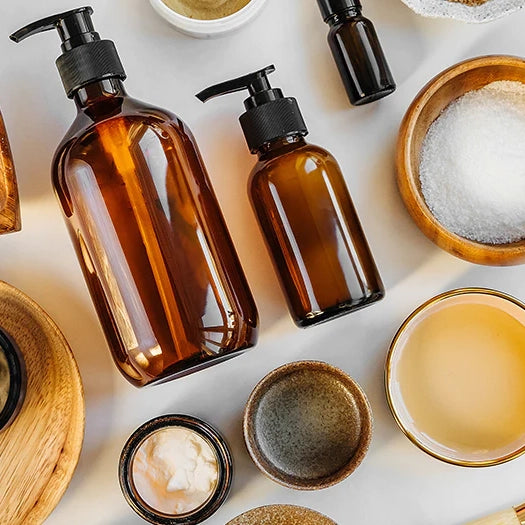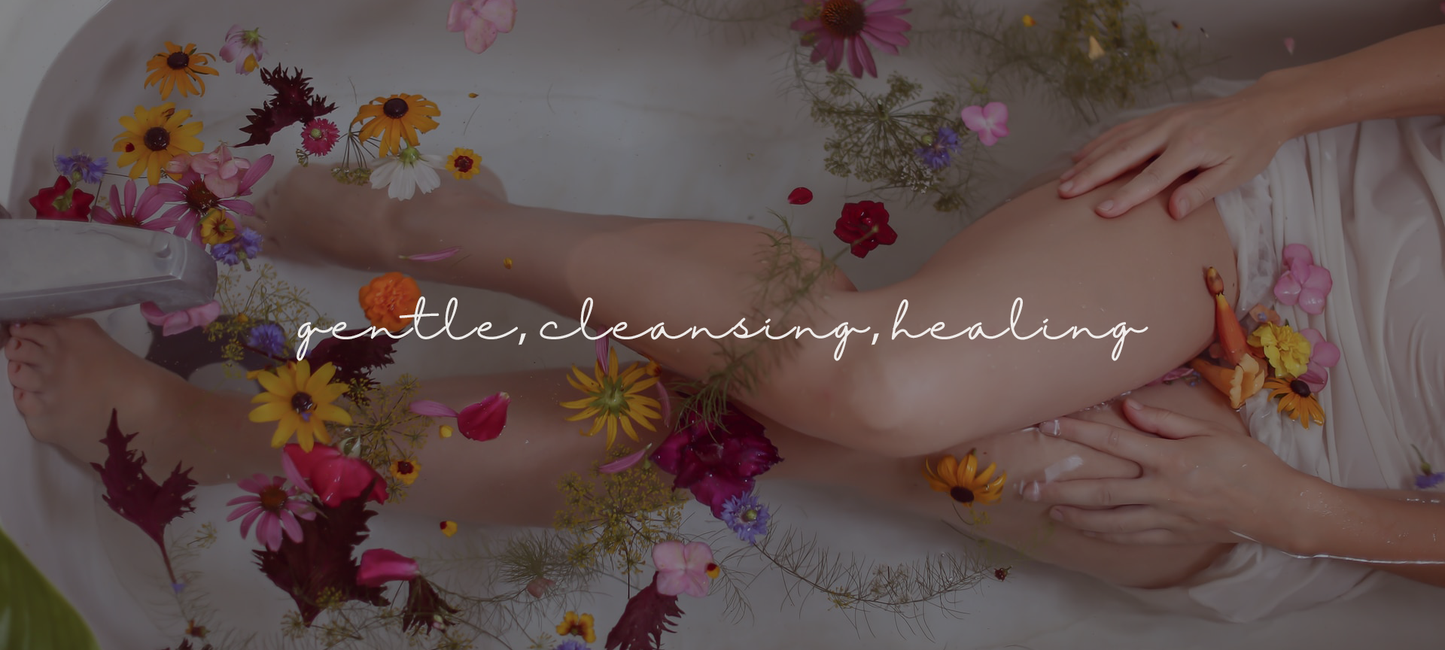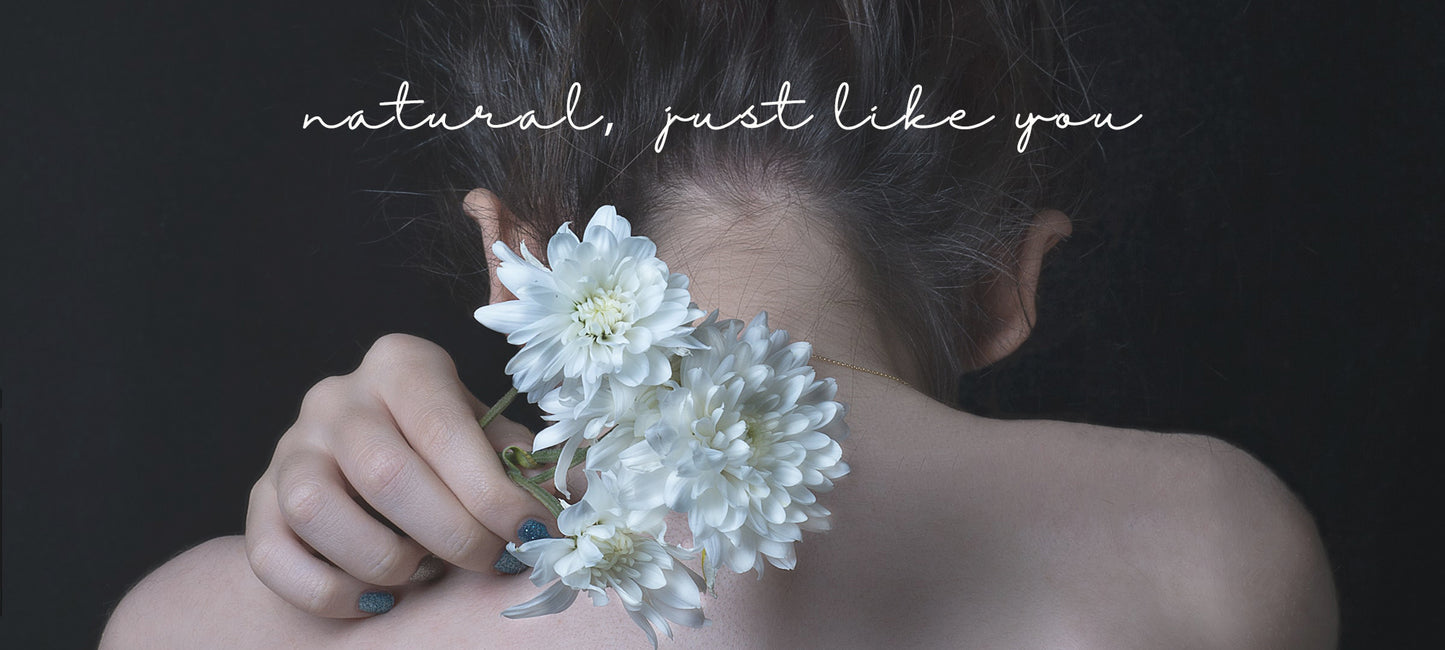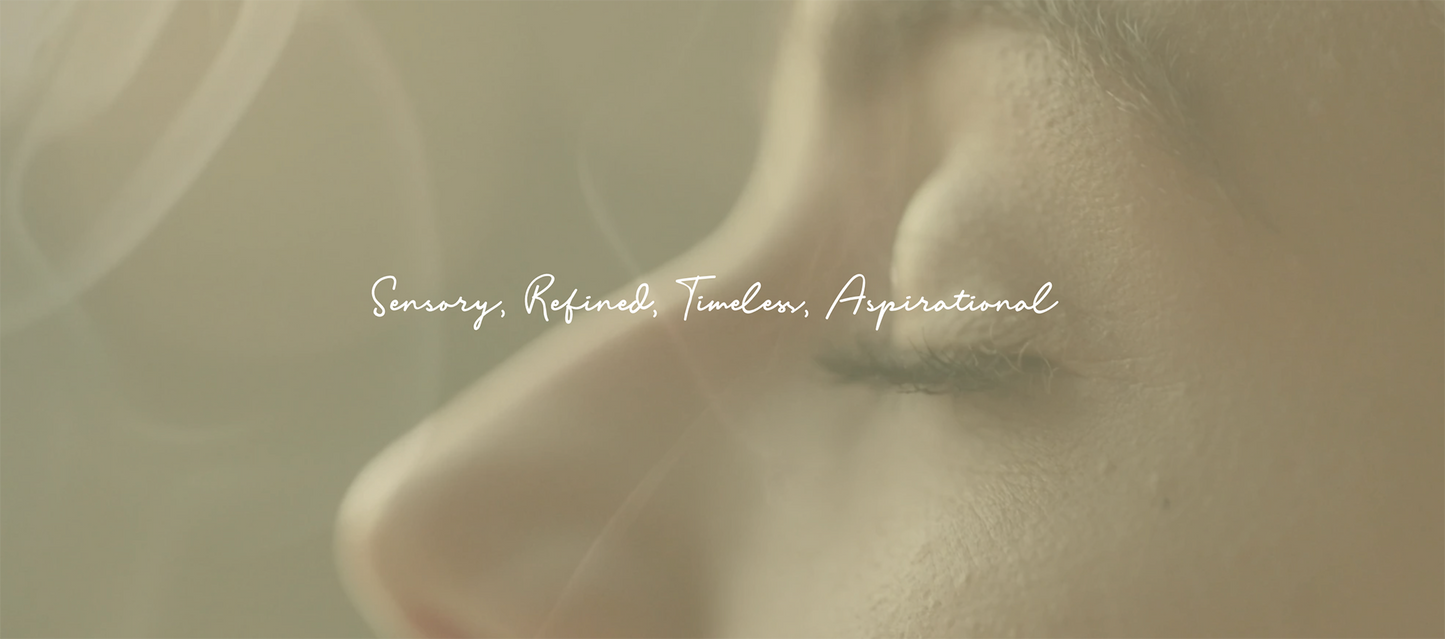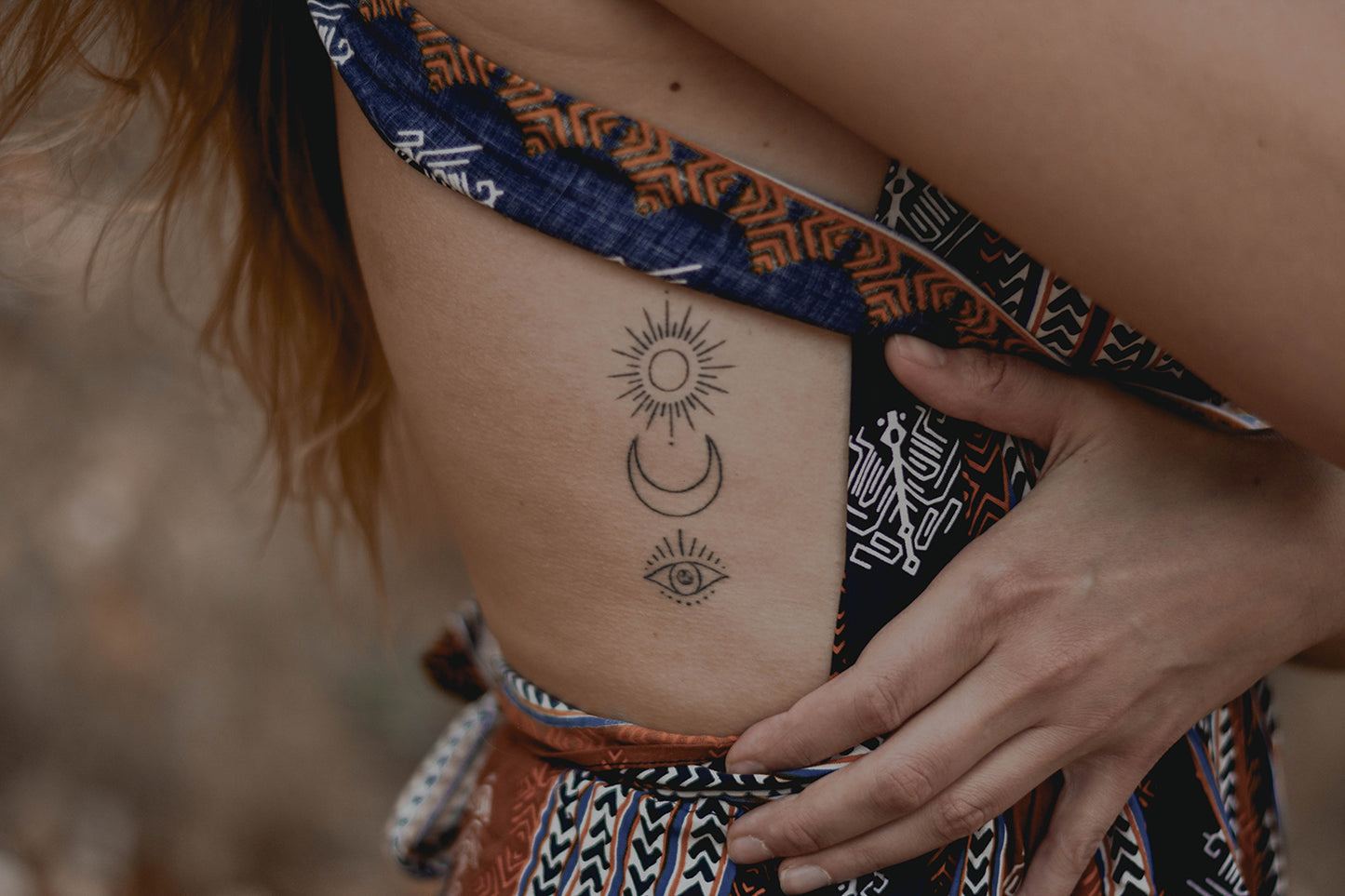
Tattoos have become a huge part of modern culture and in many respects, so has veganism. But for a vegan, looking to get a tattoo they may not know the process could involve animal products, from the ink to the tools, to the cleaning agents.
Unless you make sure you’re getting a vegan tattoo, you might end up with a permanent reminder your new ink isn’t 100% cruelty-free.
While many tattoo inks these days are vegan by default there are still a lot of inks being used that contain glycerin, bone char, gelatin or shellac. All of these ingredients are derived from either animal fat, animal bones, or ground up beetles and have been included to act as a stabiliser or increase the pigmentation of the ink.
Vegan inks, on the other hand, use plant-based materials such as vegetable glycerin, plant-based dyes, and distilled water. They are also generally considered to be safer and healthier for the skin. Traditional tattoo inks can contain heavy metals and other harmful chemicals which can lead to skin irritation and other health issues.
The good news is that vegan inks are just as durable and long-lasting as traditional inks. They are designed to stand the test of time and hold their colour well.
If getting a vegan tattoo is important to you, it’s a good idea to check with your tattoo artist first to see if they use vegan brands, or finding a studio that does offer them. Some of the popular brands that are vegan by default include Eternal, Crazyhorse, SkinCandy, and Dynamic.

Beyond the ink
The other challenge in receiving a fully vegan tattoo experience can be from the equipment and aftercare products used during the process. Stencil papers are often made with lanolin, which is derived from sheep’s wool, while many of the recommended aftercare products, and even disposable razors used in the studio are not vegan. Animal derived glycerine can be found in razor strips and aftercare soaps. Balms also can contain lanolin or beeswax.

Vegan Tattoo Aftercare.
Once you’ve got your new tattoo it’s important you take good care to ensure it heals properly and maintains its vibrancy over time.
One of the important steps is to keep the tattoo clean and moisturised. There are many natural products that you could choose.
Some great examples include:
-
Coconut oil: This is great for moisturising the skin and also has some antibacterial properties that can help prevent infection. Simply apply a small amount of the oil to the tattoo and gently rub it in.
- Aloe Vera: This is another natural moisturiser that’s great for soothing and healing the skin. It can help reduce inflammation and redness. Apply a small amount of aloe vera gel to the tattoo and gently massage it in.
-
Calendula: This is a herb that’s often used to treat skin conditions. It can help reduce swelling and promote healing. Calendula oil or salve can be applied to the tattoo to help it heal.
-
Tea Tree Oil: Tea tree oil is a natural antiseptic that can help prevent infection. It can be diluted with water and applied to the tattoo area to keep it clean from bacteria.
- Shea Butter: Shea butter is rich in vitamins and antioxidants that can help promote healthy skin. It’s a fantastic natural moisturiser that can be gently massaged in.
If you’re looking for a great studio (in Melbourne at least) Down to Earth Tattoos are completely vegan from the stencil paper to the aftercare. They specialise in custom designs, including great animal creations.
If there isn’t an all-vegan studio in your area, it doesn’t hurt to check in with your local artist as many are willing to cater to vegan clients. It’s definitely becoming more popular and any well-established studio should be able to sort you out.
Not only is choosing a vegan tattoo a great way to support animal rights but it promotes healthier and more sustainable tattooing practices. If you take good care of your tattoo, you’ll have fantastic ink that will look great for years to come. It might take a little more time and effort to arrange, but it’s totally worth it.

